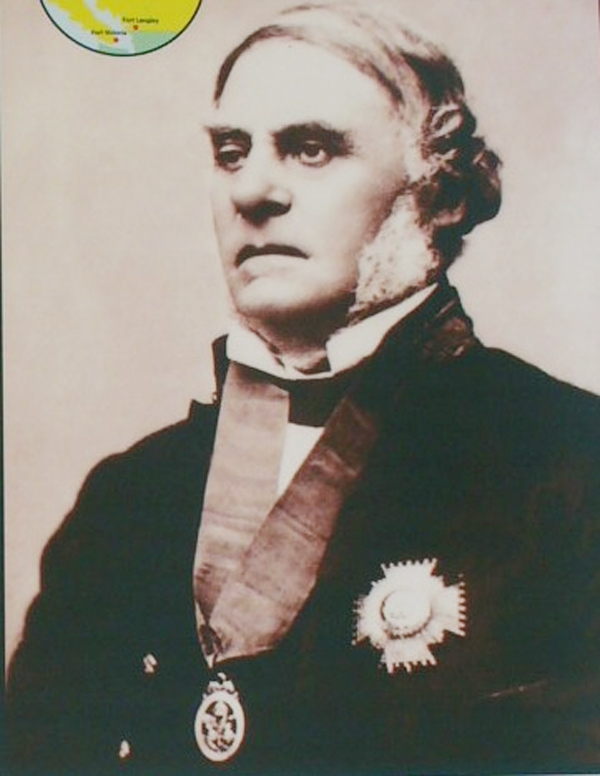British Columbians reject proportional representation, vote to stay with first-past-the-post
Updated:
British Columbians have voted against changing the province’s electoral system. In a province-wide referendum, 61.3 per cent of voters cast a ballot against proportional representation, with 38.7 per cent of voters voting in favour of changing the electoral system.
Less than half of eligible voters cast a ballot with turnout at 42 per cent.
Liberal leader Andrew Wilkinson says the result was a clear message from voters.
“This was a flawed process from the beginning as the NDP stacked the deck to satisfy the Green Party and remain in power. This was never been about improving our democracy, it was always about power and control,” Wilkinson said.
“The rejection of Proportional Representation by the people of British Columbia demonstrates a clear desire to keep political power in the hands of voters.”
READ MORE: ‘PR is lit’ or ‘a dog’s breakfast’: Feisty debate on electoral reform offers no clear winner
This is the third time in the last 15 years that British Columbians have voted down changing the electoral system in province-wide referendums.
A referendum on the future of how British Columbians vote was part of the confidence and supply agreement signed between the B.C. Greens and the B.C. NDP. The two parties had been campaigning in favour of changing the electoral system, while the B.C. Liberals had been campaigning against it.
“People took part in the largest public engagement in B.C.’s history and gathered in communities around B.C. for town halls and discussions about how we vote in our province,” premier John Horgan said.
“British Columbians have now spoken and chosen to stick with the current voting system. This referendum was held because we believe that this decision needed to be up to people, not politicians. While many people, myself included, are disappointed in the outcome, we respect people’s decision.
READ MORE: Proportional Representation for Dummies: A electoral reform referendum cheat sheet
Throughout the campaign there has been widespread criticism of the way the referendum was organized by the provincial government. The B.C. Liberals criticized the NDP for making the ballot complicated by having two questions and three possible proportional systems.
The official ‘no’ side also campaigned heavily on the fears that proportional representation would lead to fringe parties with extreme views and that rural communities would be under-represented under a new system.
Green Party leader Andrew Weaver’s party would have benefited the most from a change to PR. The Greens won 3 seats with 8 per cent of the votes province wide in the 2017 provincial election.
“We campaigned on proportional representation because representative democracy is one of the 6 core principles of the B.C. Green Party,” Weaver said.
“While we are disappointed with this result, we respect British Columbians’ decision to retain the current First Past the Post system. Over the course of the referendum, I had the opportunity to speak with countless British Columbians about their democracy. I was inspired to meet so many citizens who care deeply about modernizing our system of governance so it better reflects the will of the people. I thank everyone who volunteered, voted and worked on the campaign.”
British Columbians will continue to vote under the current first-part-the-post system.

 Sir James Douglas
Sir James Douglas